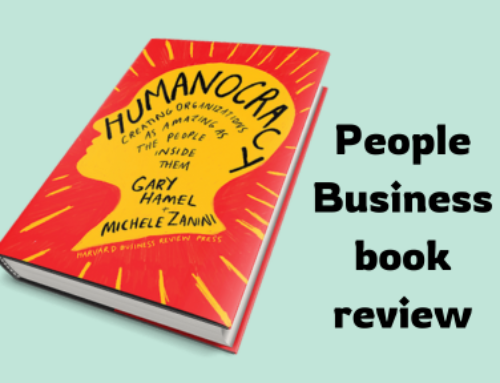Valuing Older Workers
With the UK government planning to raise the state pension age to 68*, more older workers will be remaining in the workforce for longer or returning to work after early retirement. It is time to realise the benefits of employing a diverse workforce and valuing older workers.
Report shows that managers favour younger talent
A recent report by the Chartered Management Institute has found that managers are significantly less open to hiring older workers than bringing in younger talent.
The survey of more than 1,000 managers found that 74% are open “to a large extent” to hiring younger workers, especially between the ages of 18 and 34. However, just 42% of managers said they would be open to hiring people aged between 50 and 64. For those aged between 34 and 49, just over six out of ten were open to hiring them.
For those over 65, the number drops even further, with only three in ten being open to hiring those close to state retirement age or older. On top of this, one in five said their organisation was not even open to the idea of hiring those over 65 at all.
What benefits can older workers bring to the workplace?
Let’s look at some of the benefits that older workers can bring to the workplace.
- Rich experience and knowledge. Having spent many years in the workforce and gaining a deep understanding of their industry and job roles, they retain a business’s knowledge and networks.
- Confidence. Often a result of experience, confidence and expertise go a long way in the workplace.
- Providing mentorship and skills to younger employees. Older workers play a critical role in training the next generation of workers.
- Stability. Older workers are less likely to change their jobs (this also saves a company from frequent recruitment costs as staff turnover decreases).
- Reliability. More likely to arrive at work on time and less likely to call in sick, older workers are reliable.
- Strong work ethic. Due to maturity and professionalism, older workers demonstrate a strong work ethic.
- Providing customers with consistency and personal attention. Customers appreciate seeing long-time workers and feel that their presence sends the message that the business values its workers, its customers and its community.
- Diverse perspectives and innovative ideas. This helps to drive creative thinking and problem-solving.
- Productive teams. Older workers prove that the best teams are multi-generational; there is evidence that mixed-age teams in the workplace are more productive than teams of workers of the same age (Zwick, Göbel and Fries, 2013).
Workers at different life stages need different support to reach organisation success
As we are all living and working longer, employers need to be thinking about the changing needs of workers over time. It’s unlikely that a one-size-fits-all approach will be sufficient to enable people at different life stages to contribute effectively to organisational success. Longer working lives need to be factored into workforce support, management and development.
For example, younger workers may need more access to support and training, with clear progression routes. Mid-life workers (e.g. those in their 30s and 40s) might have challenges around work-life balance which is where flexible working is important. For those later in their career, employers need to think about how they can maximise their talent and experience while enabling more flexible structures of work that offer choices on retirement.
In our next blog, we will be looking at the advantages of coaching sessions focused on looking towards retirement. Our Consulting Director, Graeme Rainbird, says, “I have been supporting a number of people recently who have been working through the process of retiring and it’s been really thought provoking. The earlier we think about the emotional implications and challenge some of the assumptions that we make about what it means to be ‘retired’, the better we will navigate the choices ahead”.
If you would like to discuss the importance of valuing older workers with one of our consultants, please get in touch.
*https://www.gov.uk/government/news/second-state-pension-age-review-launches



